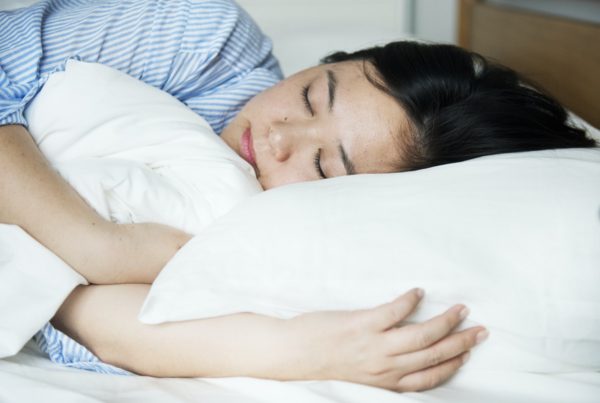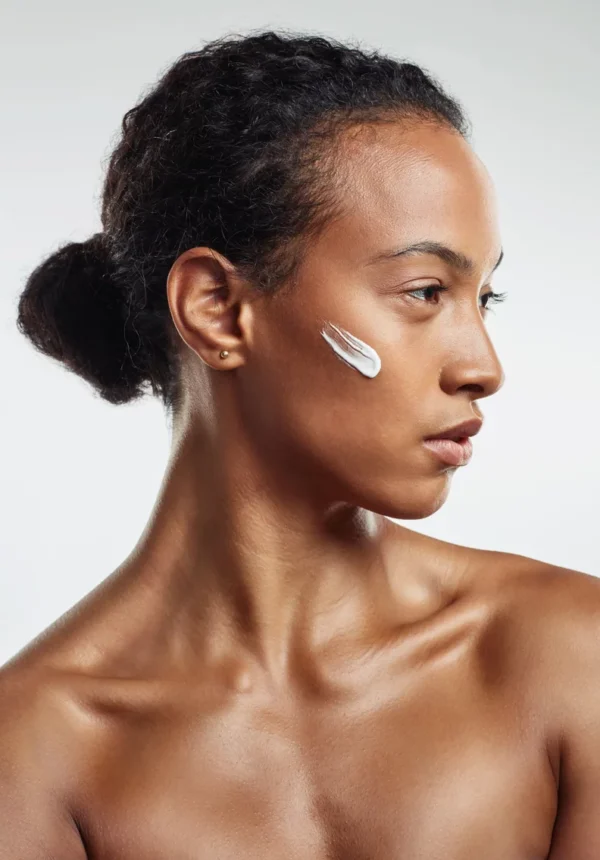
Get Your Beauty Sleep: Five Ways to Improve Your Bedtime Routine

Sleep is one of the most important functions of the human body. It helps us recharge, staves off diseases, and maintains proper brain activity, so it’s absolutely essential.
However, many of us don’t get enough shut-eye. In fact, more than half of adults worldwide reported they get less sleep than they need on an average night.
There are many factors that contribute to a lack of rest in the current era — high levels of stress, caffeine or light to name just a few. Luckily, we’ve gathered a few simple things you can do that can not only help you sleep longer, but also improve the quality of your rest. Good night!
1. Turn off your screens
Our brains are constantly bombarded with information. Compared to our ancestors, we can access incredible amounts of knowledge from the tips of our fingers, whenever we wish. It’s great, but it also has a major downside — we spend most of our time scrolling through our phones, staring at computer monitors, or watching TV (sometimes even all three at the same time). This causes some major issues with our health. We’re constantly psychologically engaged, our brains don’t get any rest, and we’re absorbing huge amounts of blue light. The more we stimulate our brains, the harder it is for us to fall asleep, while the blue light emitted from our screens suppresses the levels of melatonin, a hormone that controls our sleep-wake cycle. You’ll want to limit your screen time for at least 30 minutes before lights out, but a full hour is ideal.
2. Use supplements
Speaking of melatonin, some people swear by the effects of the manmade version of the hormone on their sleep. According to the NHS, taking melatonin supplements can help you fall asleep quicker, wake up less during the night, relieve the symptoms of jetlag, and even prevent headaches. Another effective supplement is glycine, an amino-acid that promotes the appropriate function of the nervous system. It was found to help with deep REM sleep and reduce body temperature in a manner that encourages better rest. Another supplement that can improve sleep, as well as relieve stress, is the trendy CBD oil. According to Dragonfly CBD, “Cannabidiol (CBD) is one of 113 different cannabinoids naturally found in cannabis plants. In contrast to the more recognisable cannabinoid, THC, CBD is not psychoactive. In other words, it does not get you ‘high’. Instead, it has a polypharmacological effect that has the potential for a range of positive health benefits”. CBD was found to decrease anxiety in almost 80% of patients and stimulate sleep in 66%. Note that before you choose to take any supplement, you should consult with your doctor.
3. Read before bed
While most of us grew out of a bedtime story at around the age of five, the benefits of reading a book (yes, unfortunately, when we say ‘read’, we don’t mean Instagram captions) are aplenty, especially when it comes to your sleep. Not only does it help you avoid that phone we’re sure you’ve been dying to touch ever since we told you to get rid of your screens before bed, but it actively promotes a good night’s sleep. It even reduces anxiety — a study from the University of Sussex found that even six minutes of reading can lower stress levels by 68%. You really can’t prepare your brain for sleep any better.
4. Start meditating
Meditation has been recognised as more than just hippie nonsense — it’s proven to reduce stress, combat insomnia, and even repel daytime fatigue. It lowers cortisol levels, the ‘stress hormone’, and increases melatonin production. Whether you choose to practise meditation generally, or focus on ‘sleep meditation’ in particular, the benefits are huge, with barely any risk. According to meditation app Headspace, “meditation for sleep is a specific, guided experience that offers a natural sleep aid all on its own, allowing us to let go of the day—everything that’s happened and everything that’s been said — so that we can rest the mind while simultaneously resting the body”. Sign us up.
5. Practise your stretches
We know that exercise is healthy for us. It can even help us sleep better. However, intense workouts an hour or less before bedtime can have a negative impact on our resting hours. That being said, stretching is a great way to prepare our physical bodies for bed, because it relaxes us and relieves stress. Static or stationary stretches — when you hold a single position for an extended period of time for 30 seconds or longer — are not only a great warm up for a workout, but are touted as the best type of stretching before bedtime. Studies have found that meditative movements, like these kinds of stretches, as well as yoga or tai chi, improve sleep quality. So, it’s not just a personal feeling.













































